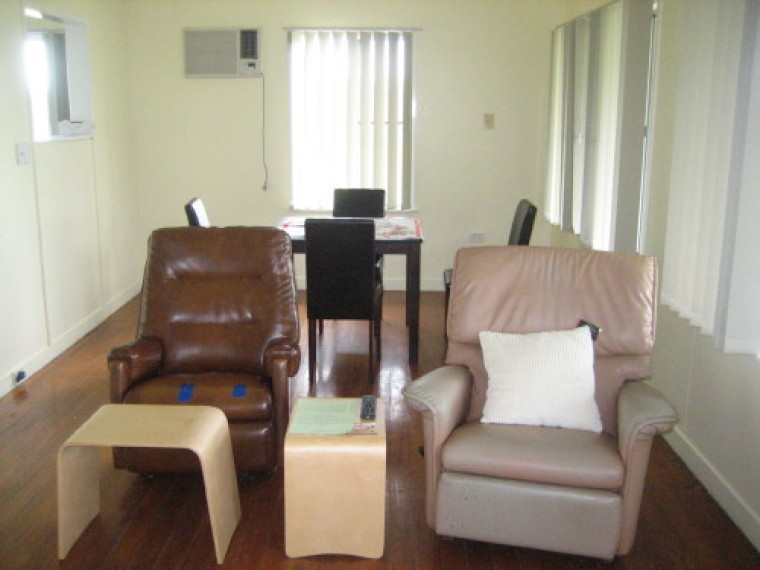
These devotions include mid-week bible studies referred to by different names such as Home Groups, Connect Groups, Prayer Meetings, Bible Night, and other such names; as well as all the accompanying community functions of the church, such as play groups, after-school activities, youth meetings, oldies' groups, men's and women's fellowships, morning teas, special outreach dinners, rallies, and whatever else the community feels it needs.
A selection of these activities is provided wherever there is a stable congregation, and the message of all Christian churches is basically the same – Jesus Christ is the way of Salvation.
The essential doctrinal beliefs are that Jesus Christ is God (embodied in The Trinity – Father, Son, Holy Spirit). He was born of a virgin conceived by the Holy Spirit. Jesus lived a sinless life. He was crucified and died and his innocent blood was shed for our sins. He rose again the third day. He ascended into heaven and the Holy Spirit was sent to reside in each believer. Jesus Christ is coming again – the Second Coming. Anyone who calls upon the name of the Lord for Salvation shall be saved. We recall his death and resurrection in regular sacramental observance (bread and wine).
These are the essentials – in Seminary these are referred to as the Kyguma. You'll find these essentials spelt out in the New Testament in a number of places.
There are a number of key differences between Protestant and Roman Catholic doctrine. For Catholics, remembrance becomes a Mass where the bread and the wine actually become the body and blood of Christ himself. Salvation comes through the Roman Catholic Church, not directly between the Lord and a man/woman. Salvation is not simply a Gift from God, it is acquired by also engaging in specific acts of good behaviour, charity; Church Law and Church Tradition is of equal value to Scripture in the essence of the Salvation of men and women; and others.
The Reformation was the result of separating these beliefs, the differences of which are summarised in this website.
Each church will conduct its fellowship, worship and Bible studies in a way that reflects its individual theological background, but this doesn't stop good-will and fellowship and common sense playing their part when Christians of all persuasions meet and work together for common causes.
A recent example was the NSW Catholic Bishops Statement against the policies of the Greens. The Baptist Churches of NSW sent out a circular endorsing this Statement.
Mark Tronson said that when he and his wife Delma visited the Laguna Quays and Midge Point area, the gateway to the Whitsundays in northern Queensland, the only church was the Catholic Church. There was no Protestant congregation, nor was there a weekly Protestant or Pentecostal bible study.
He said that they worshipped with other Christians at the Midge Point Catholic Church. The Priest made them very welcome, commenting how wonderful it was that they could welcome pastors of other denominations and together worship the Lord Jesus.
They have set up the Laguna Quays Respite facility, a faith-financed mission. He noted that the testament to the commonality of our Christian purpose was that when we commented that our respite facility required two 'pre-loved' lounge chairs, a member of that congregation had two suitable chairs available for the project.
When they next visited, they reported to the congregation that the lounge chairs passed the test –Delma woke Mark from the lounge chair two hours after settling into it! Perhaps this was divine intervention indeed.
In their May visit to the church, their regional Bishop was in attendance and the congregation took Mark and Delma by their arms to warmly introduce their 'Baptist cousins" to their Bishop. Mark Tronson said that the Bishop's sermon from Acts 2 where 3000 were baptised, would have been preached and welcomed in any Baptist church. There can be wonderful sentiment between Christians.
